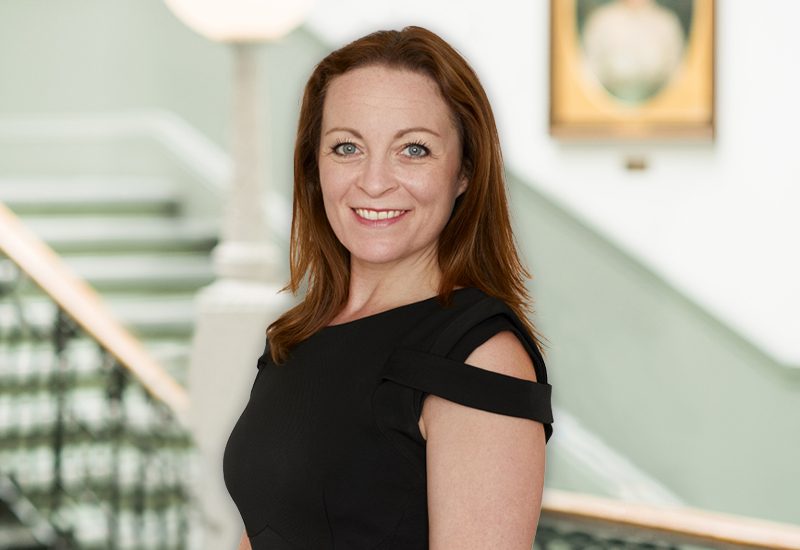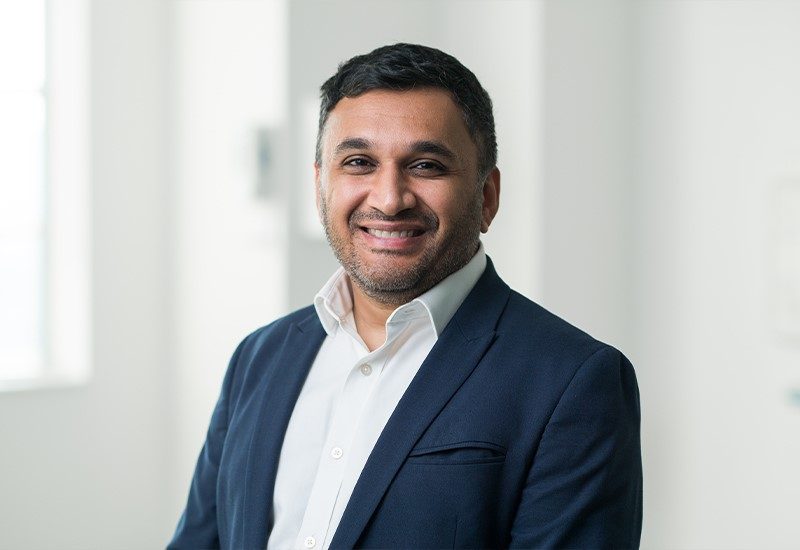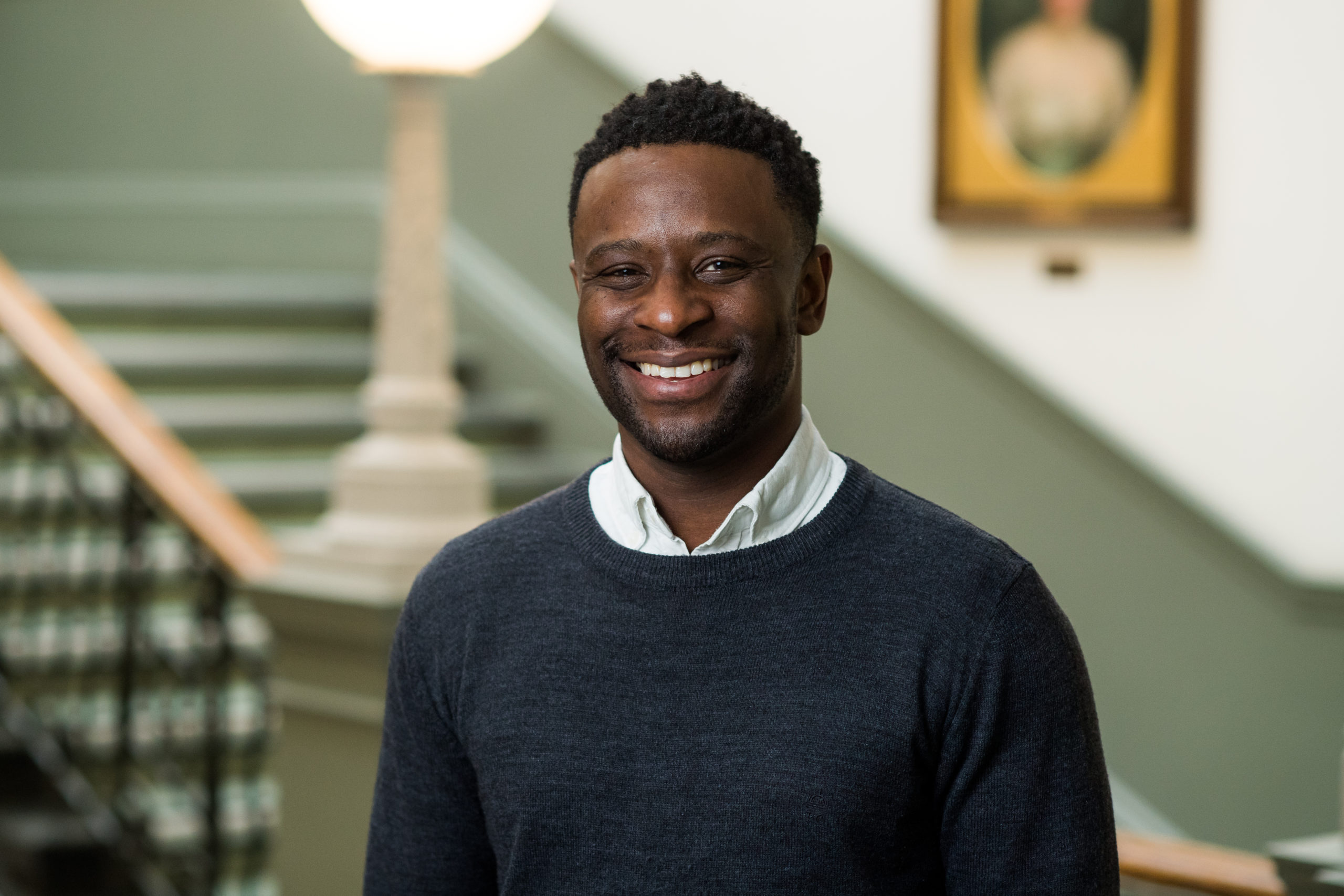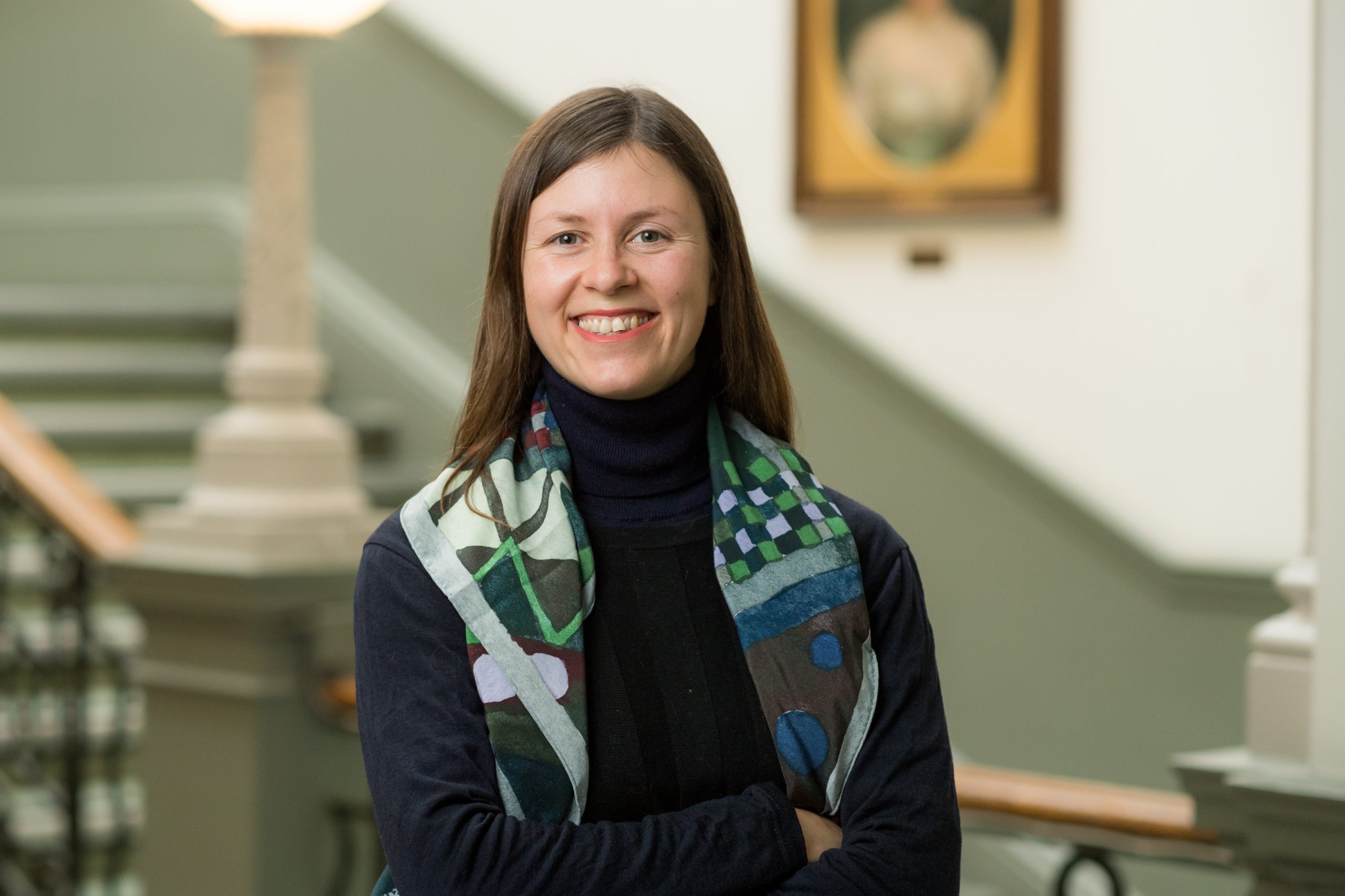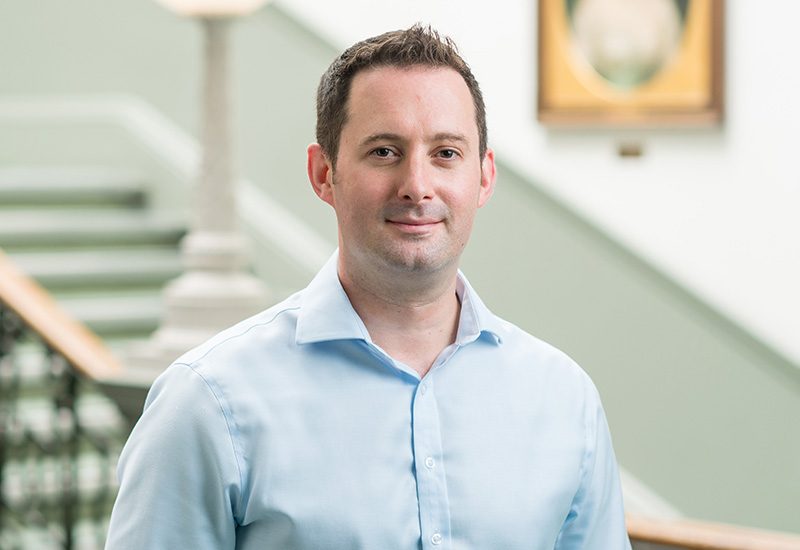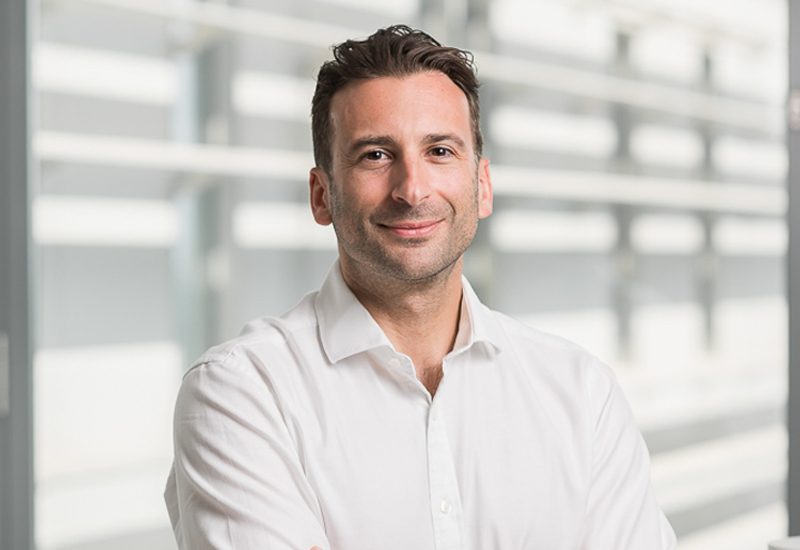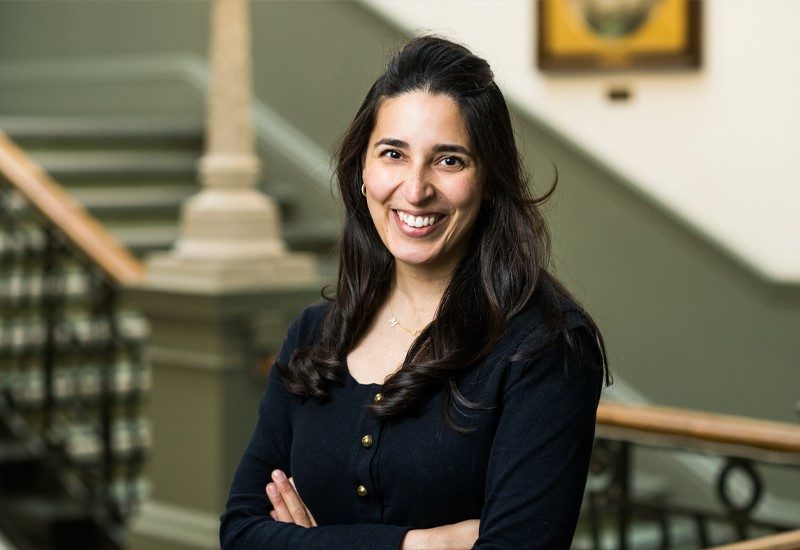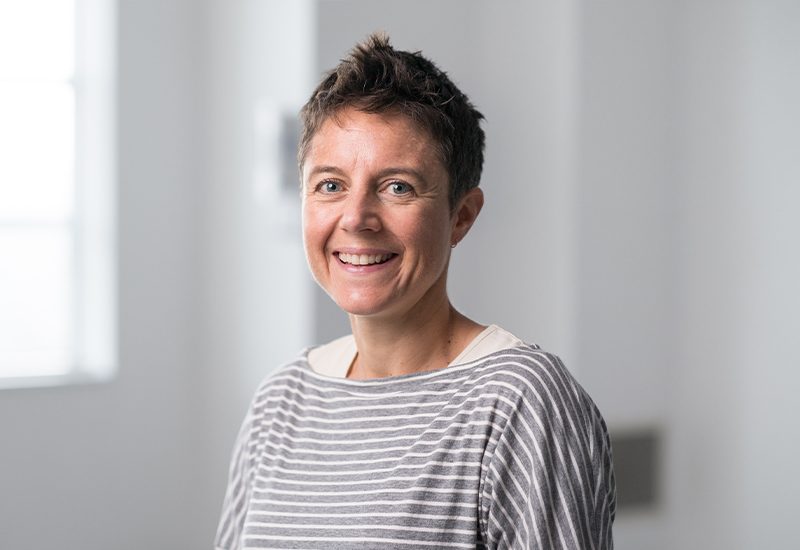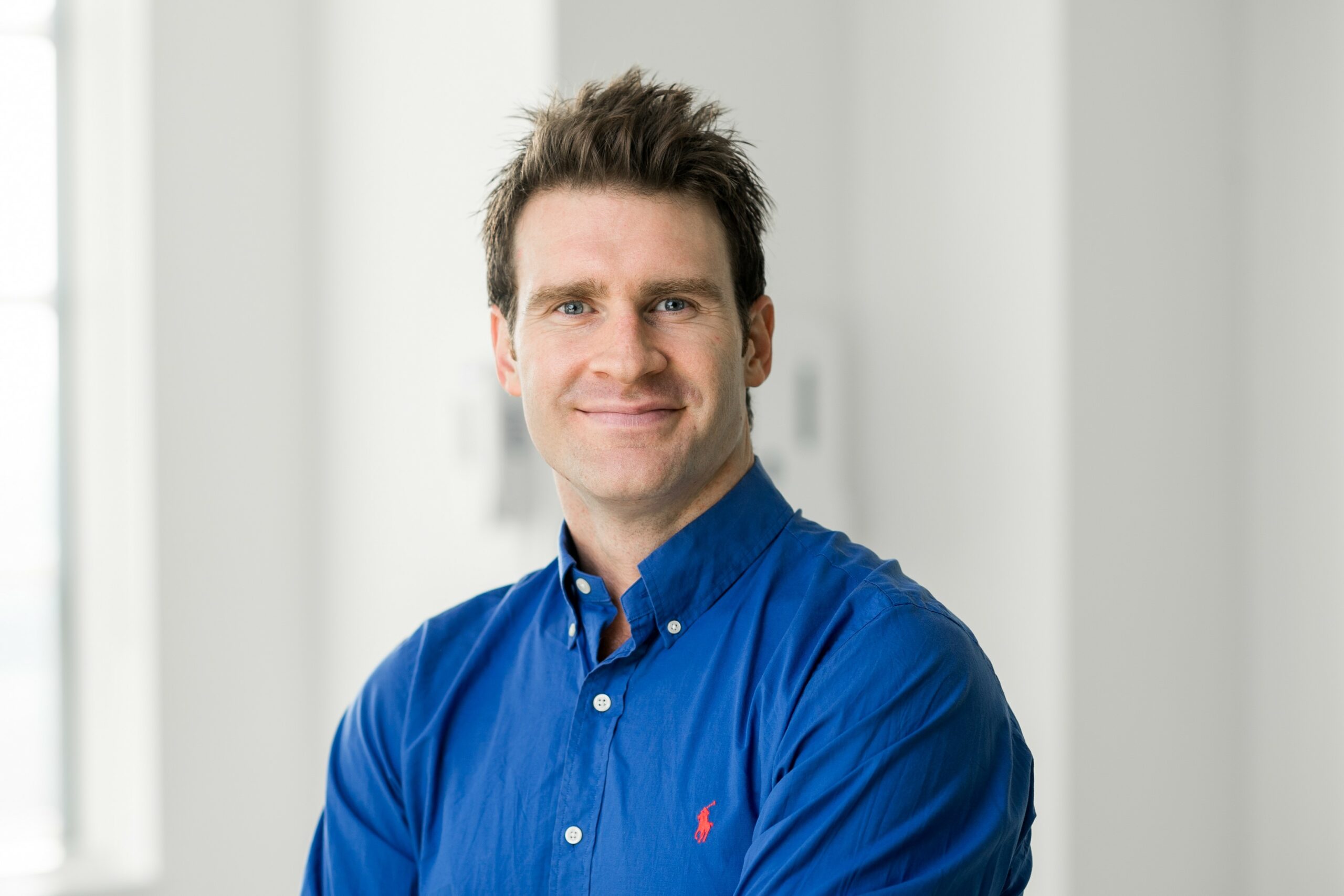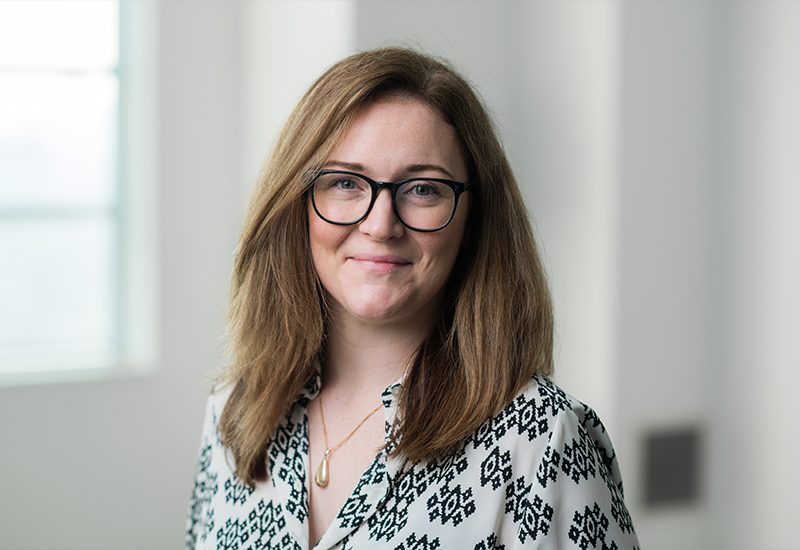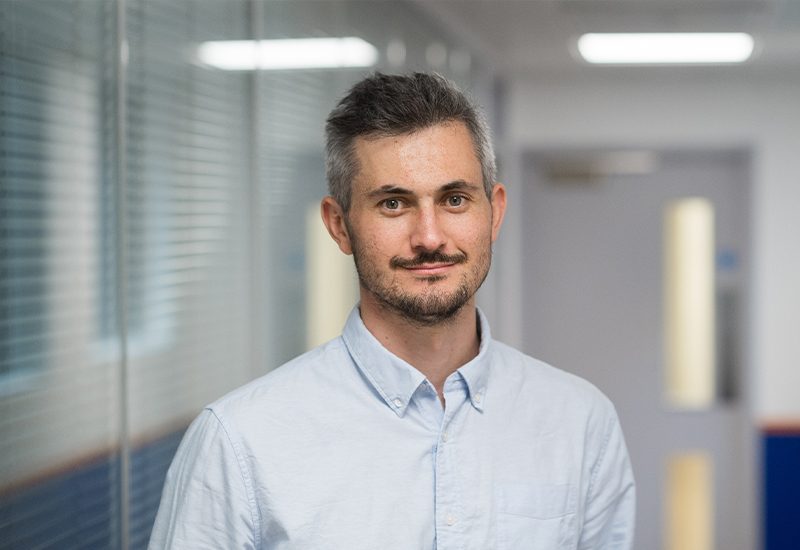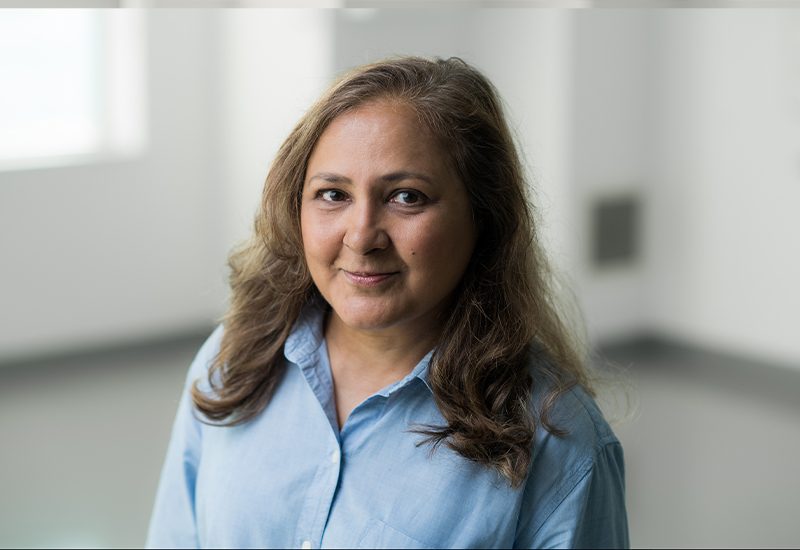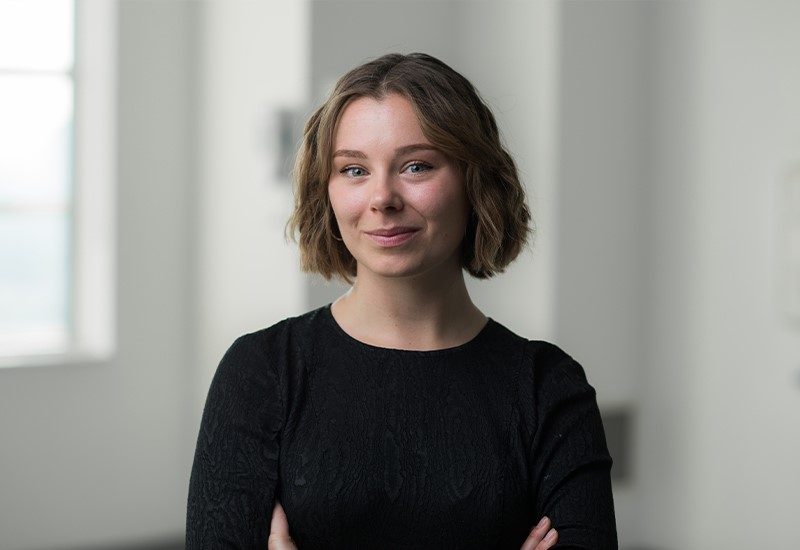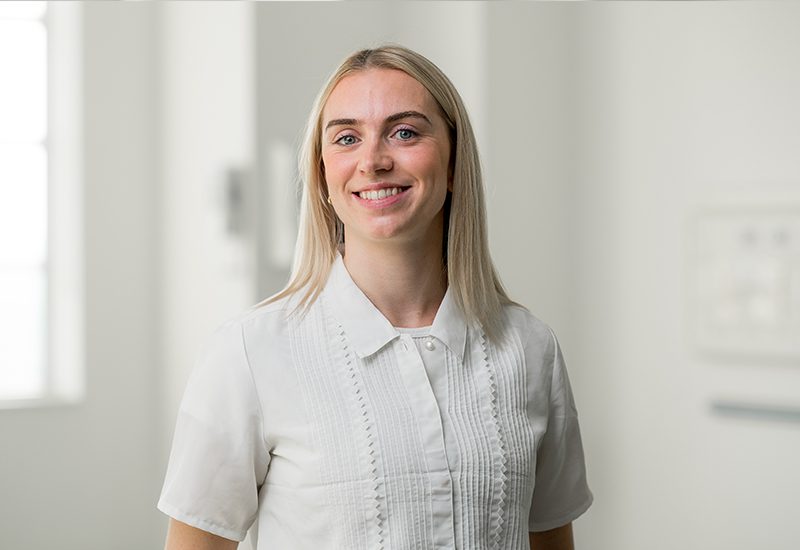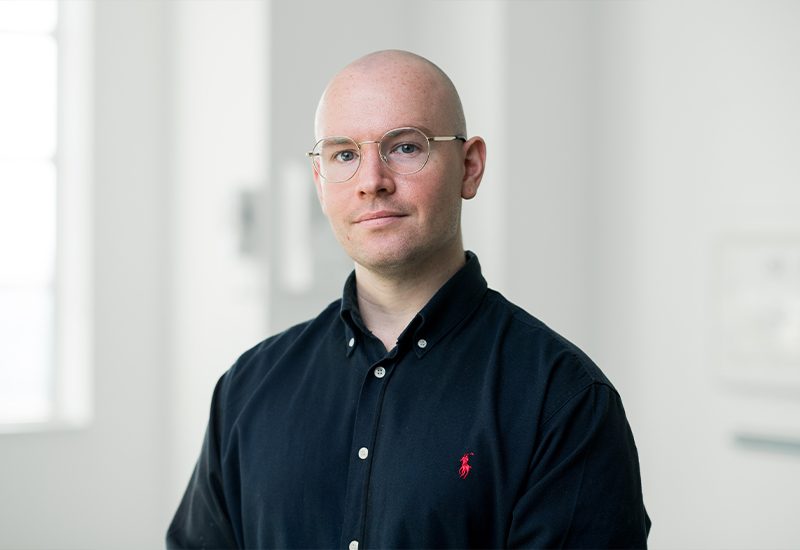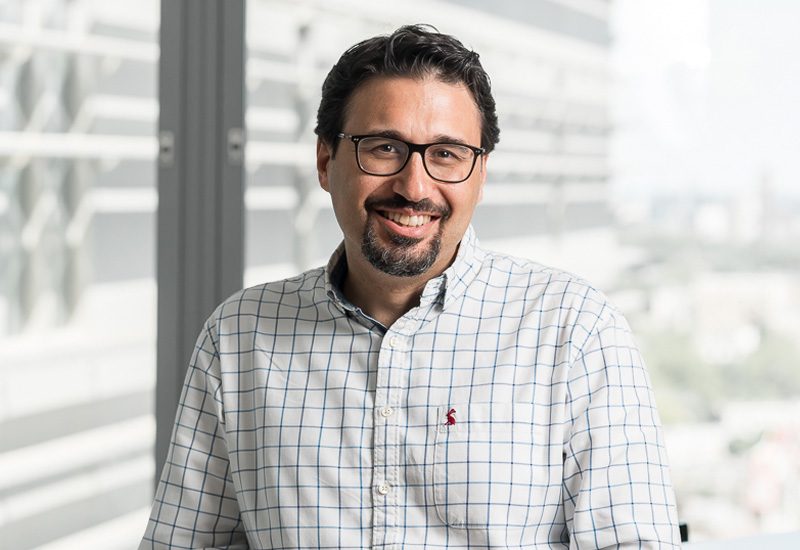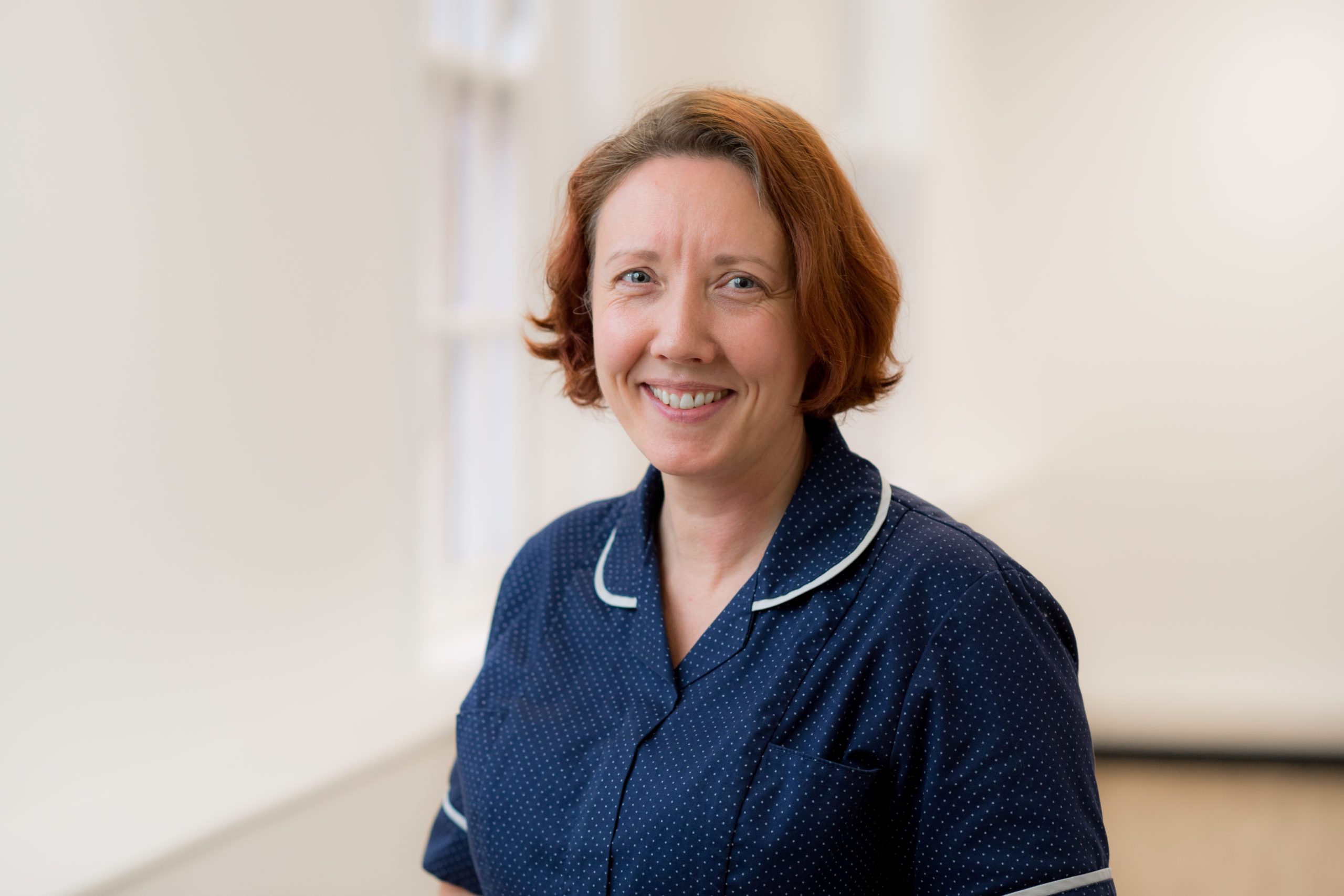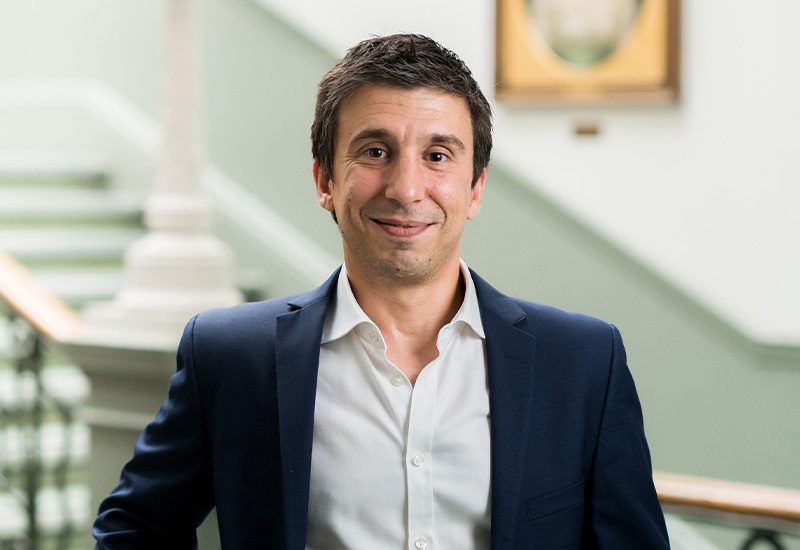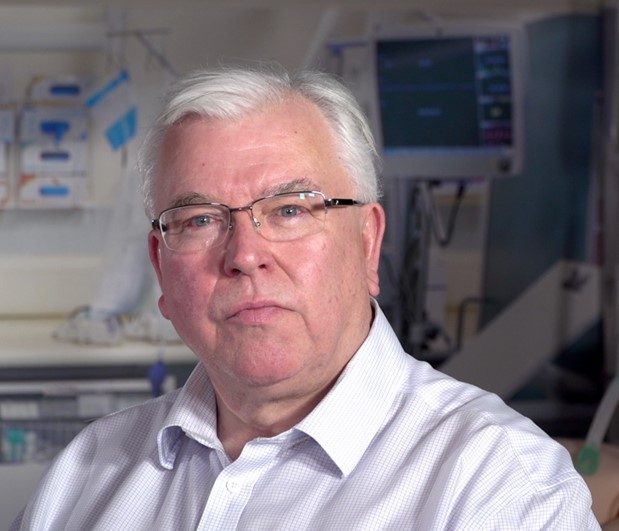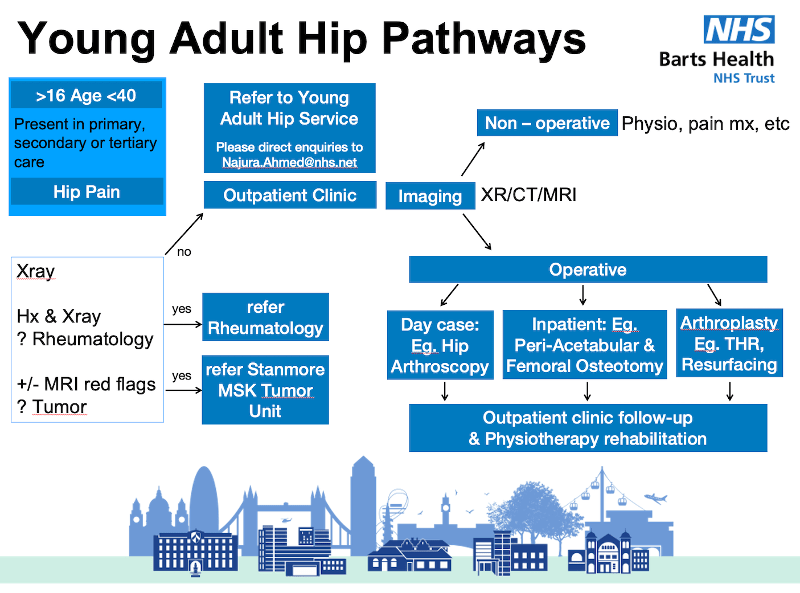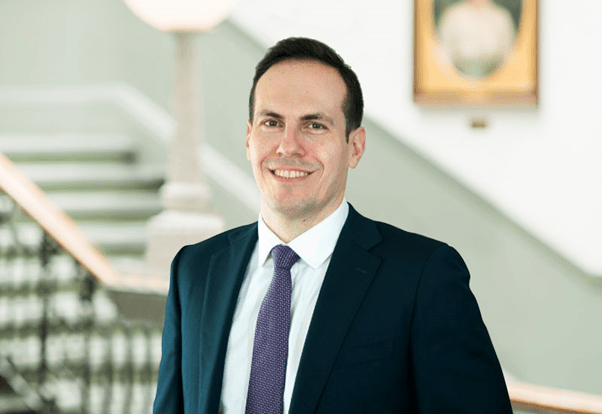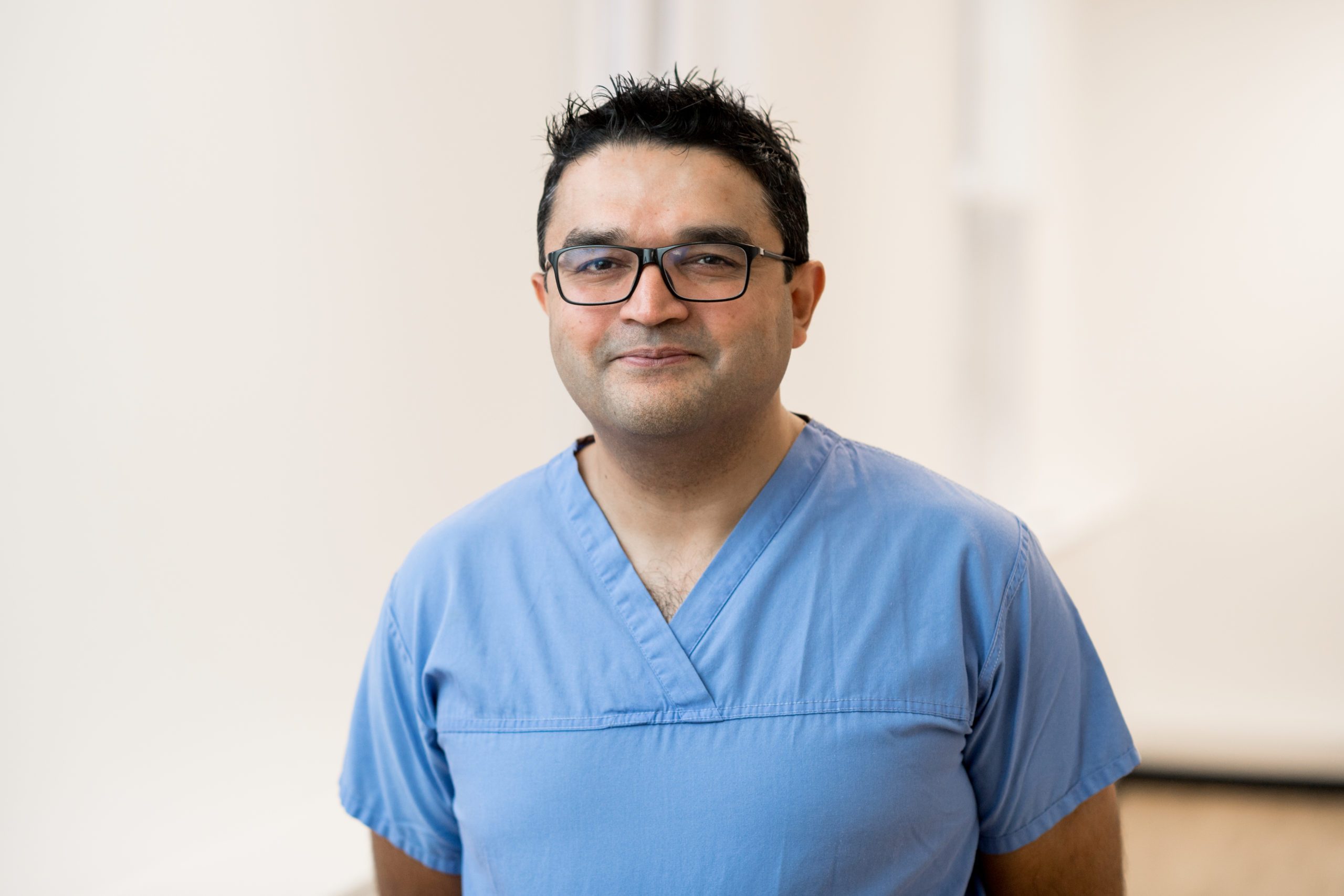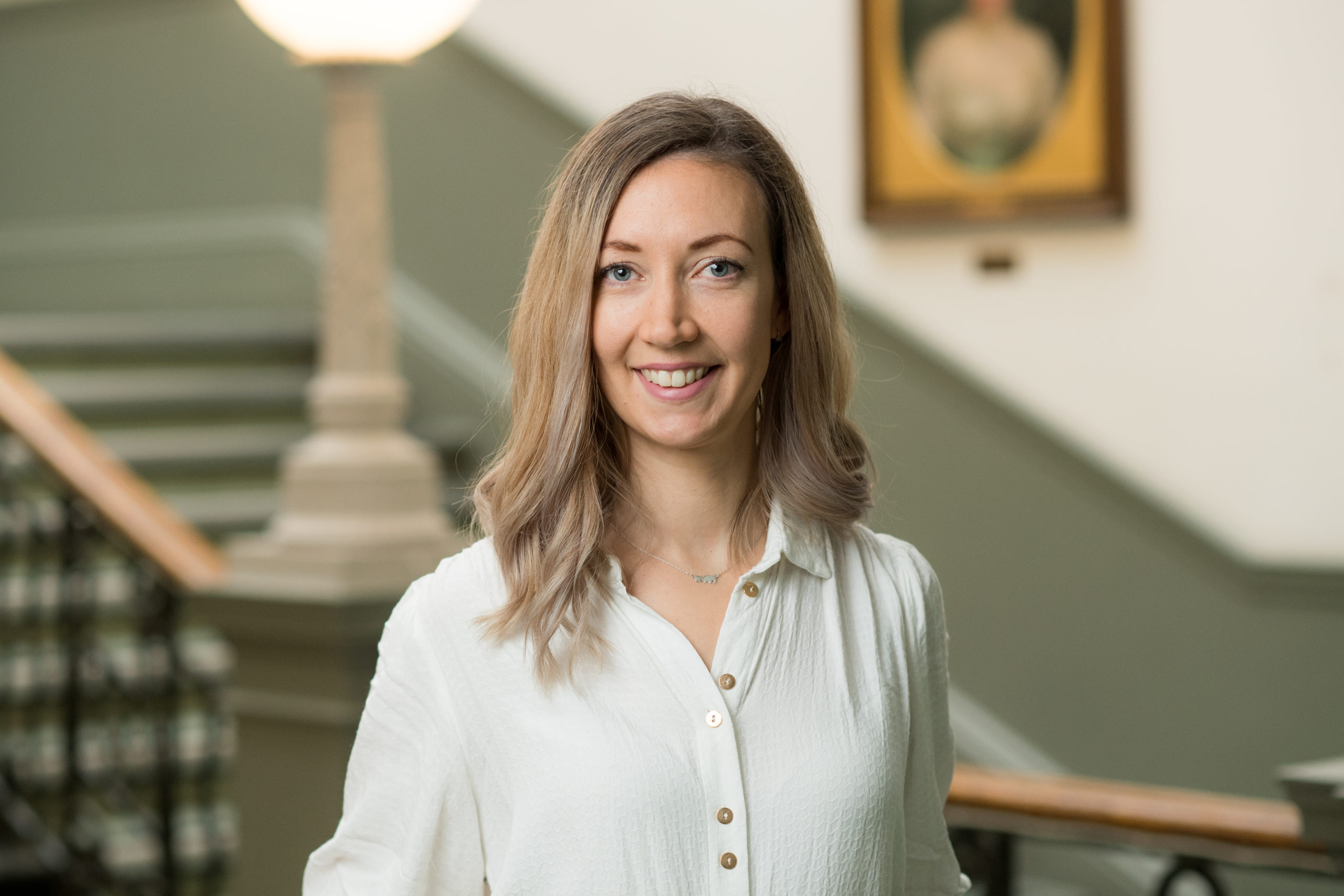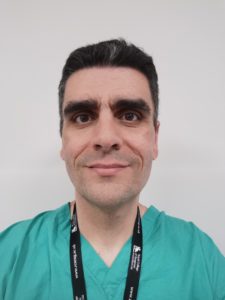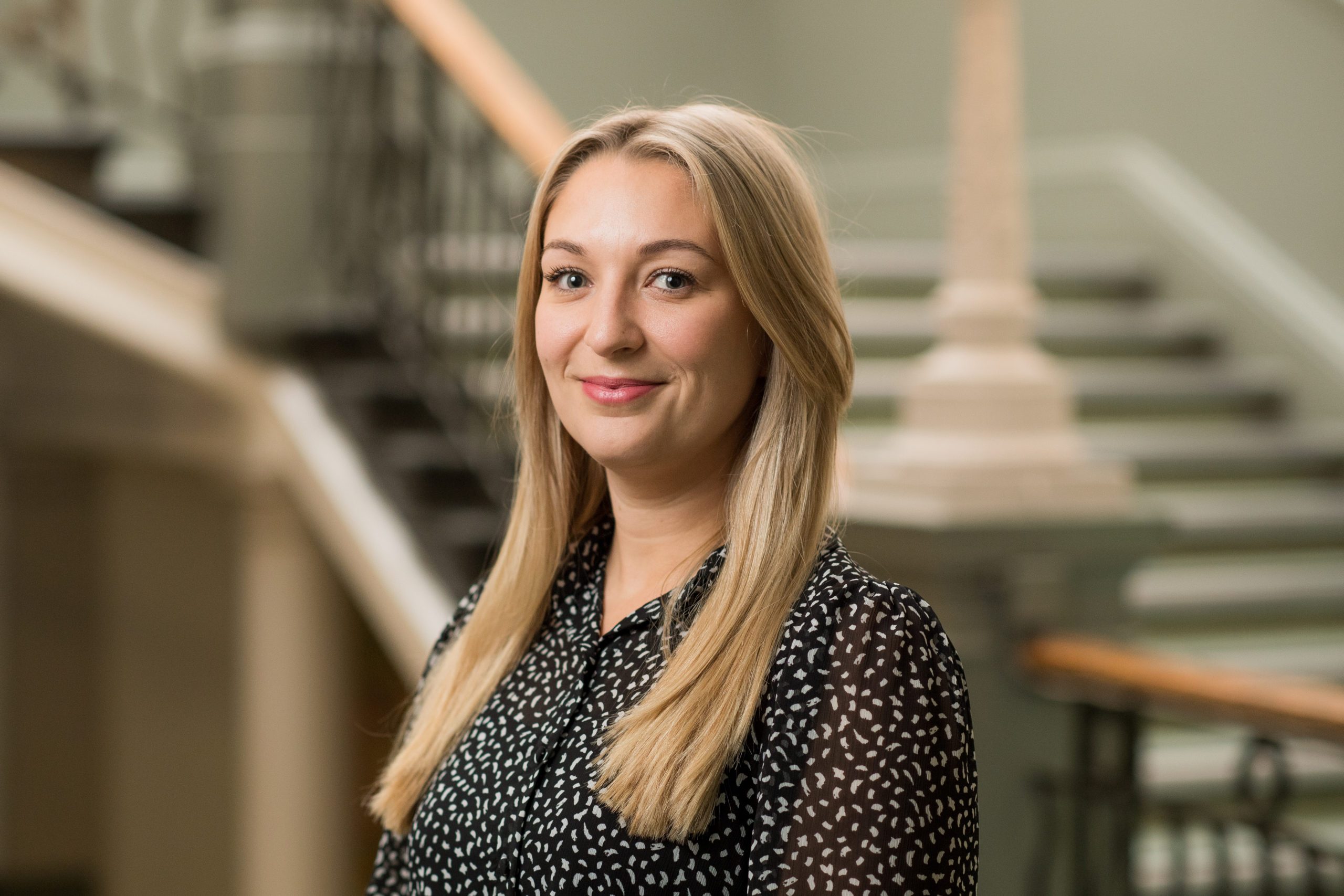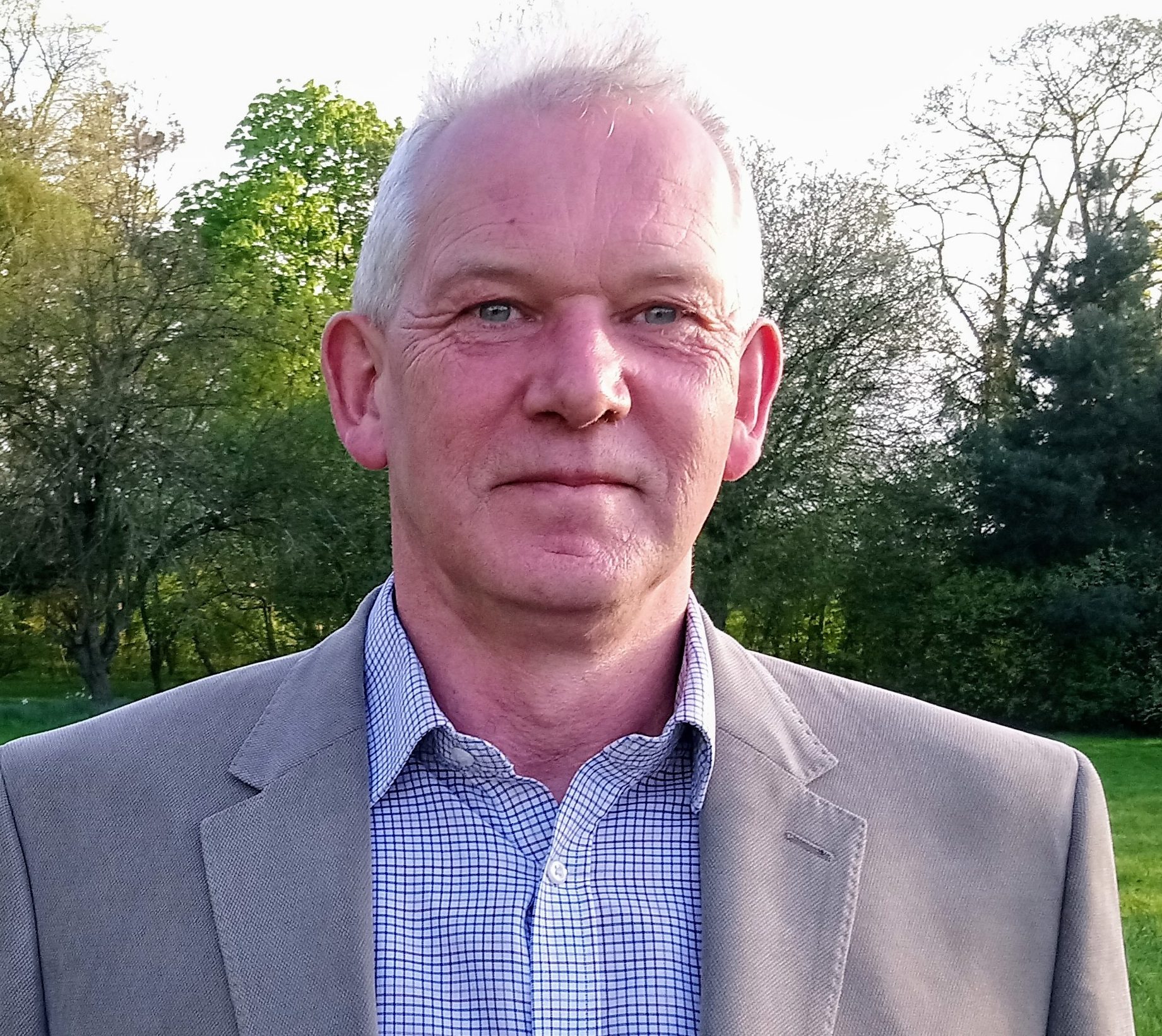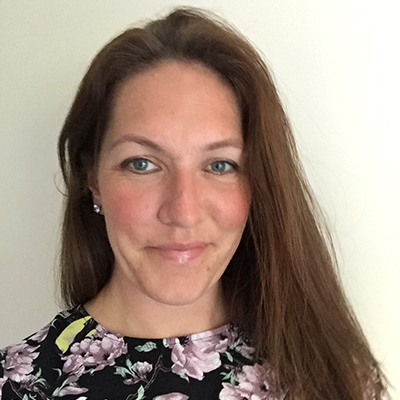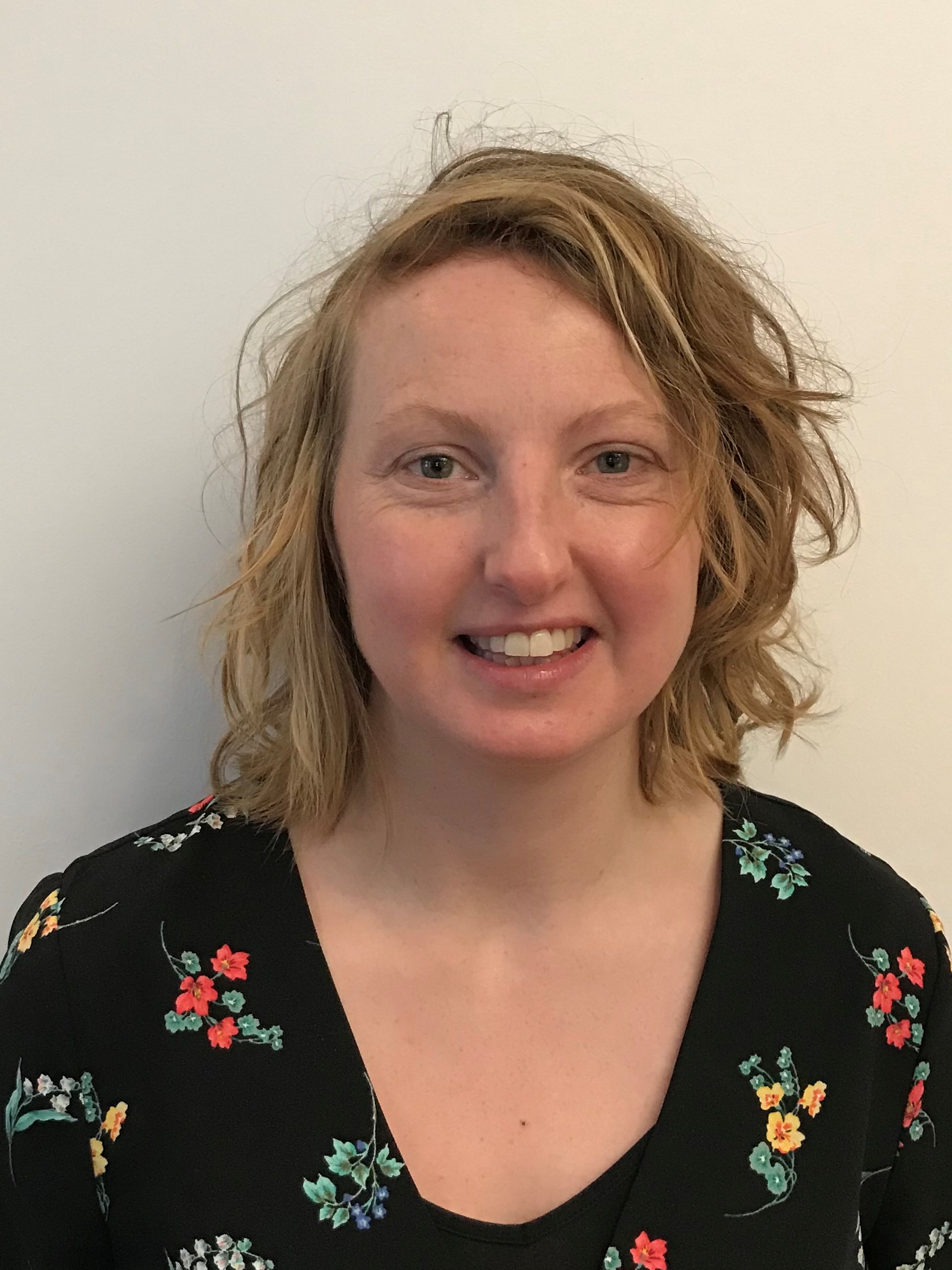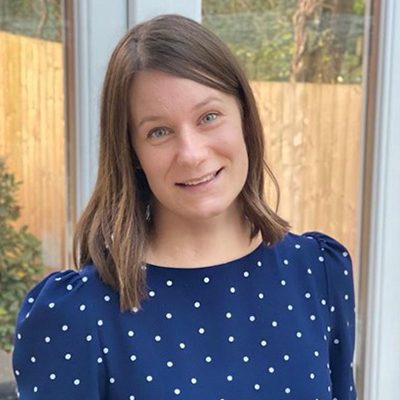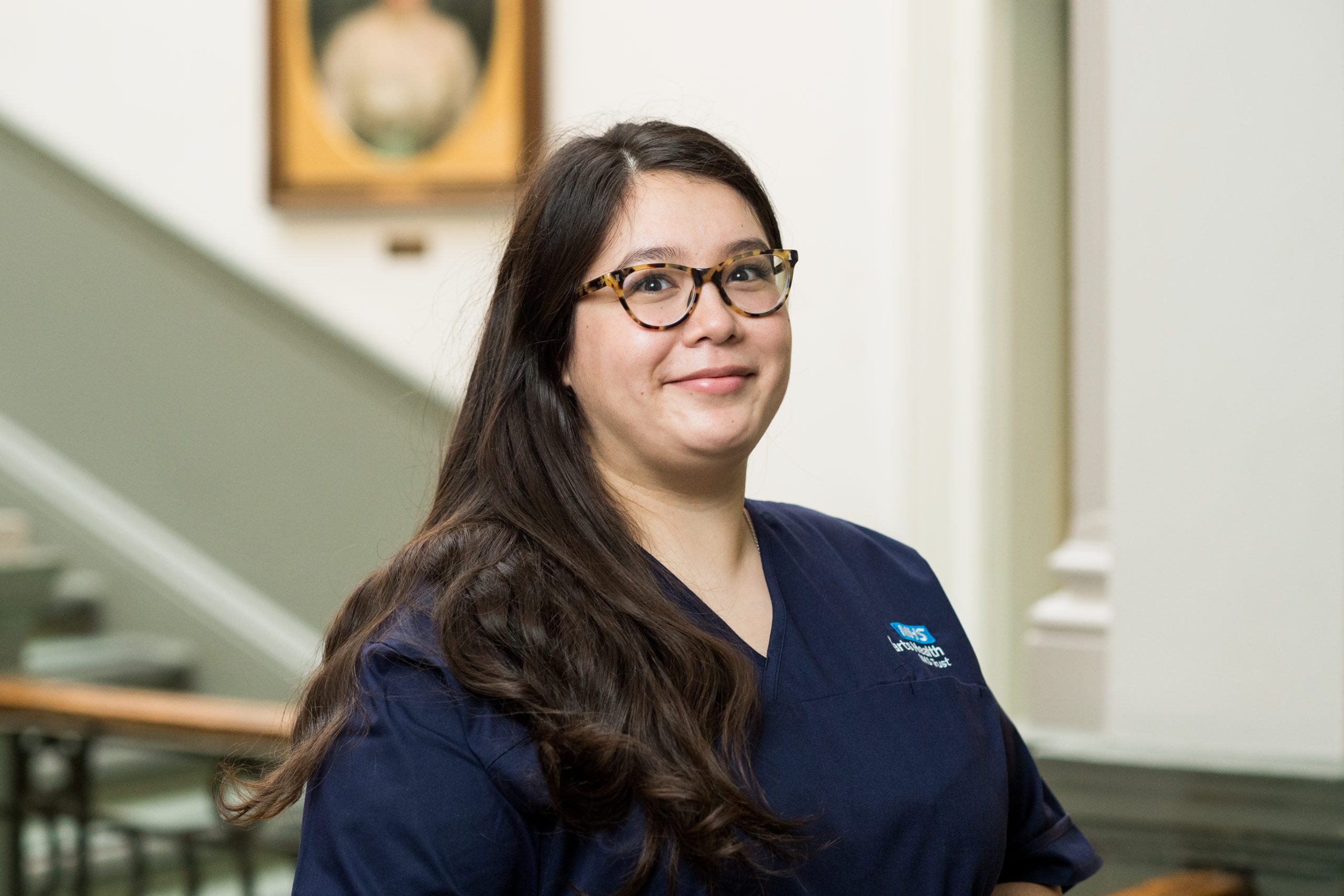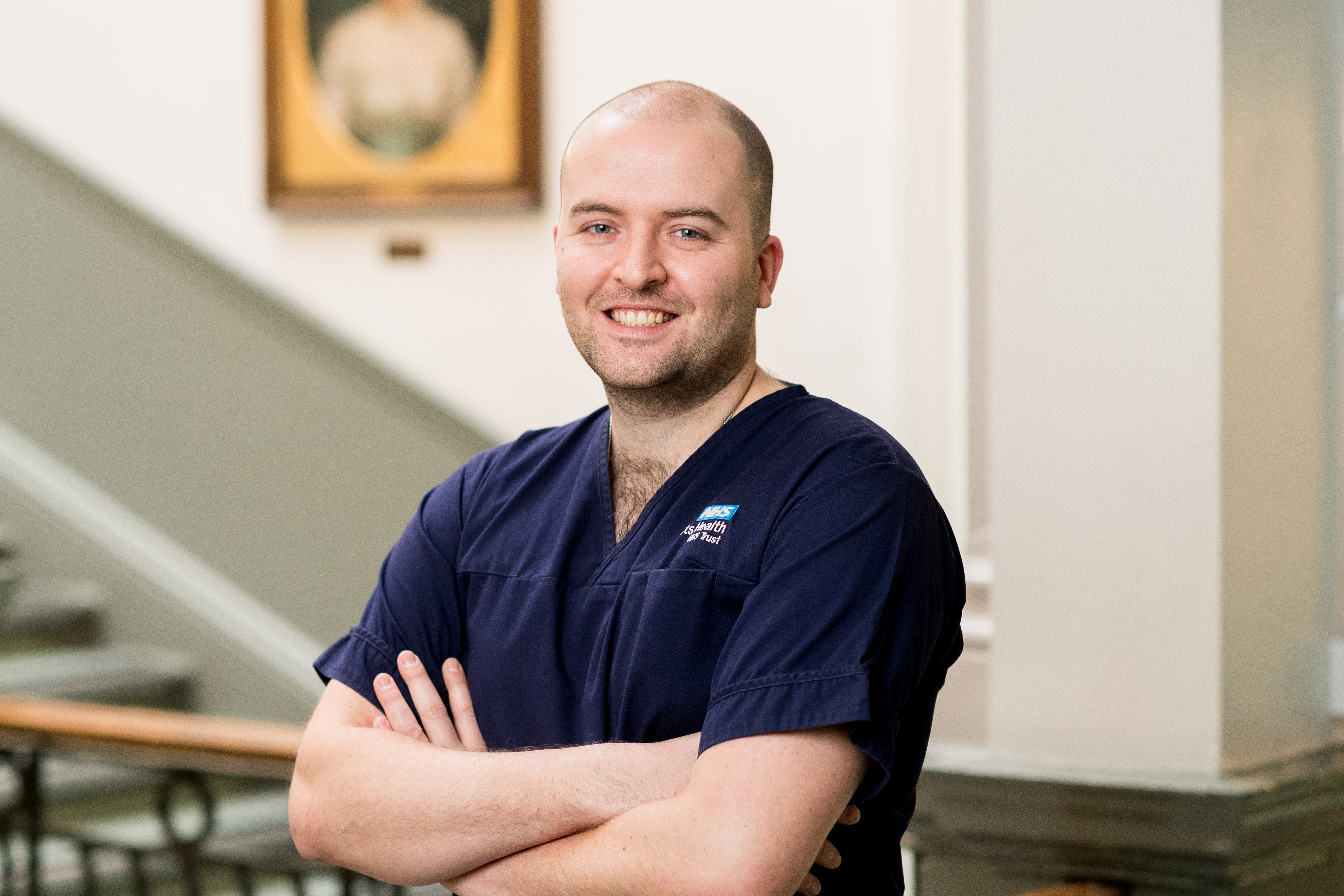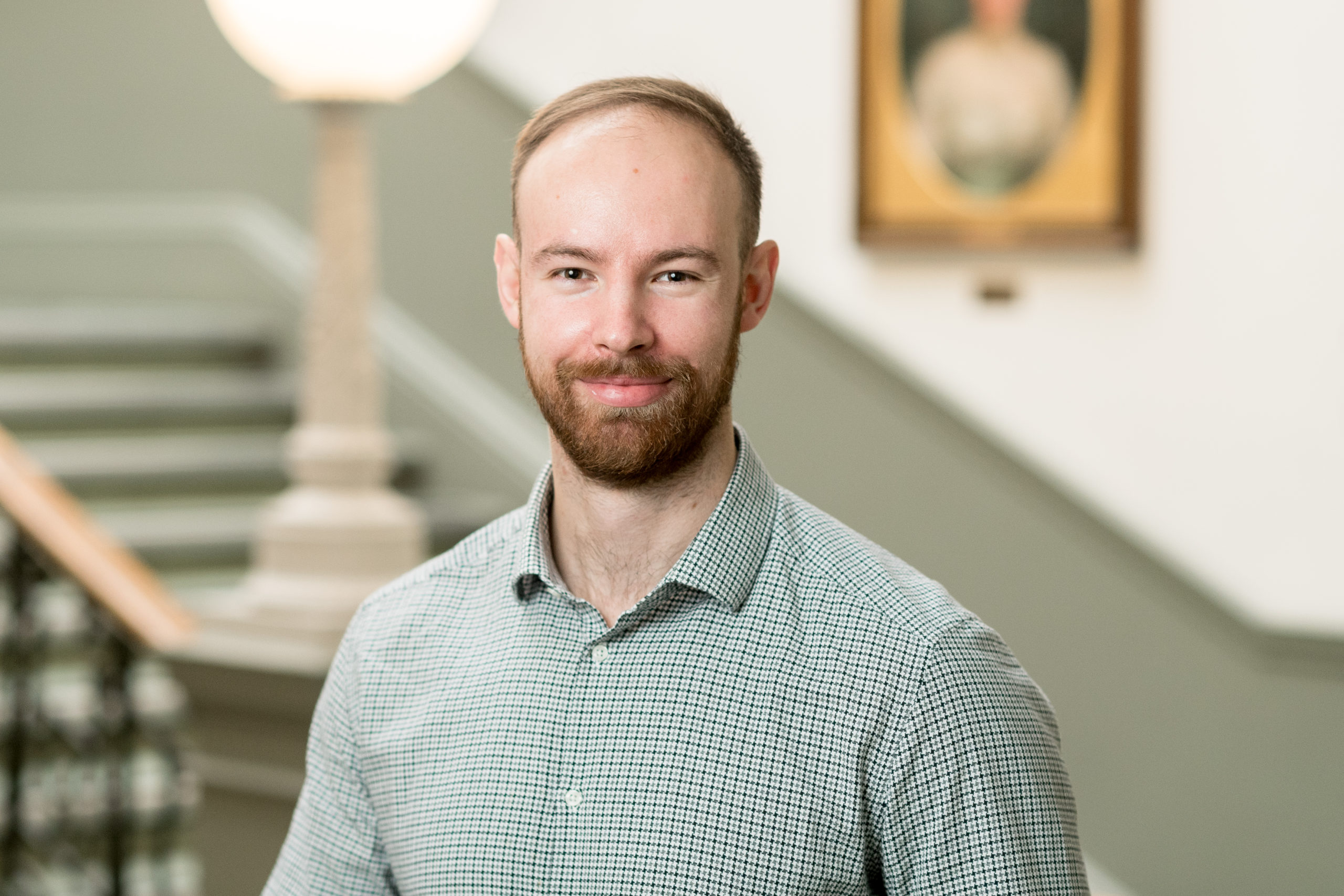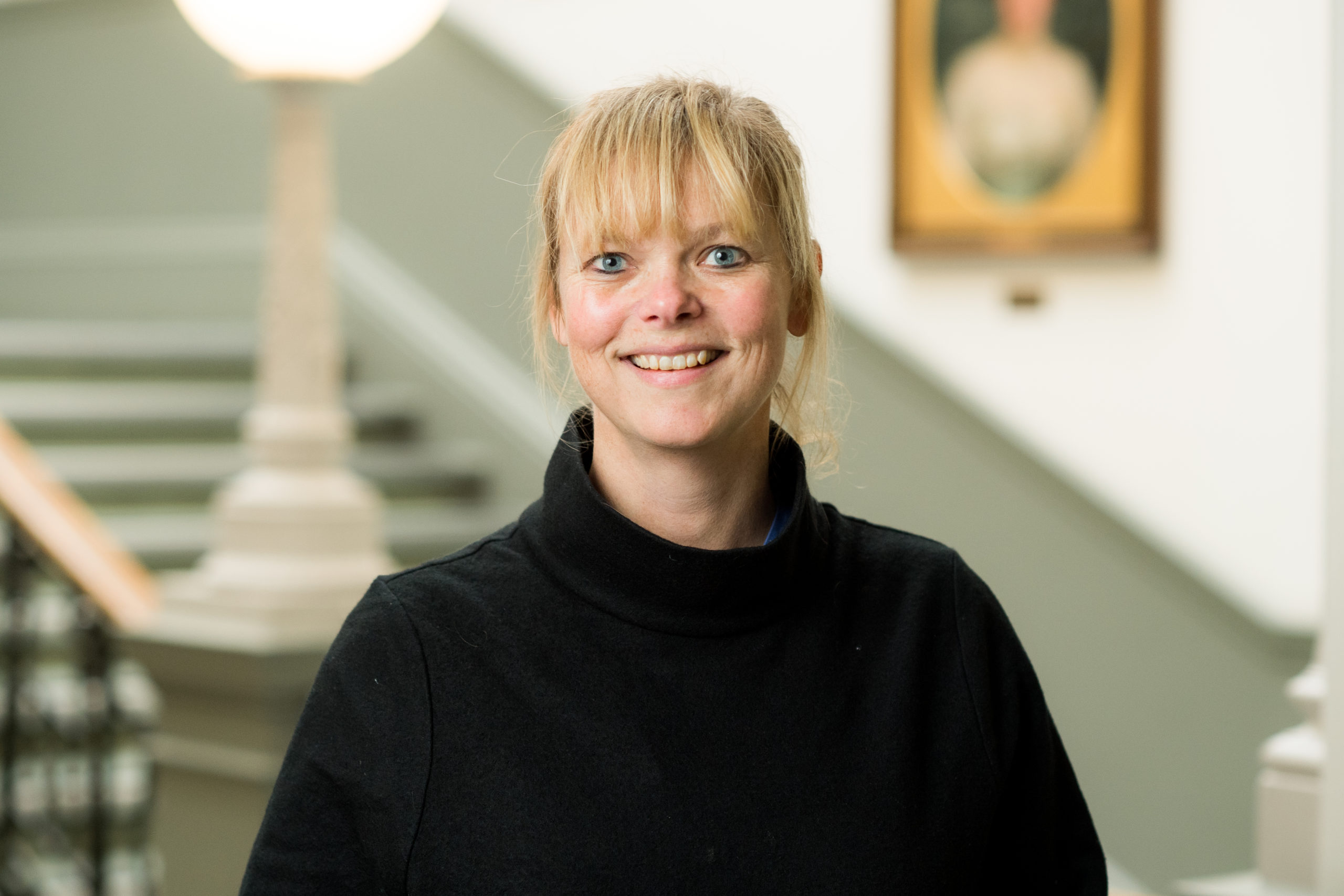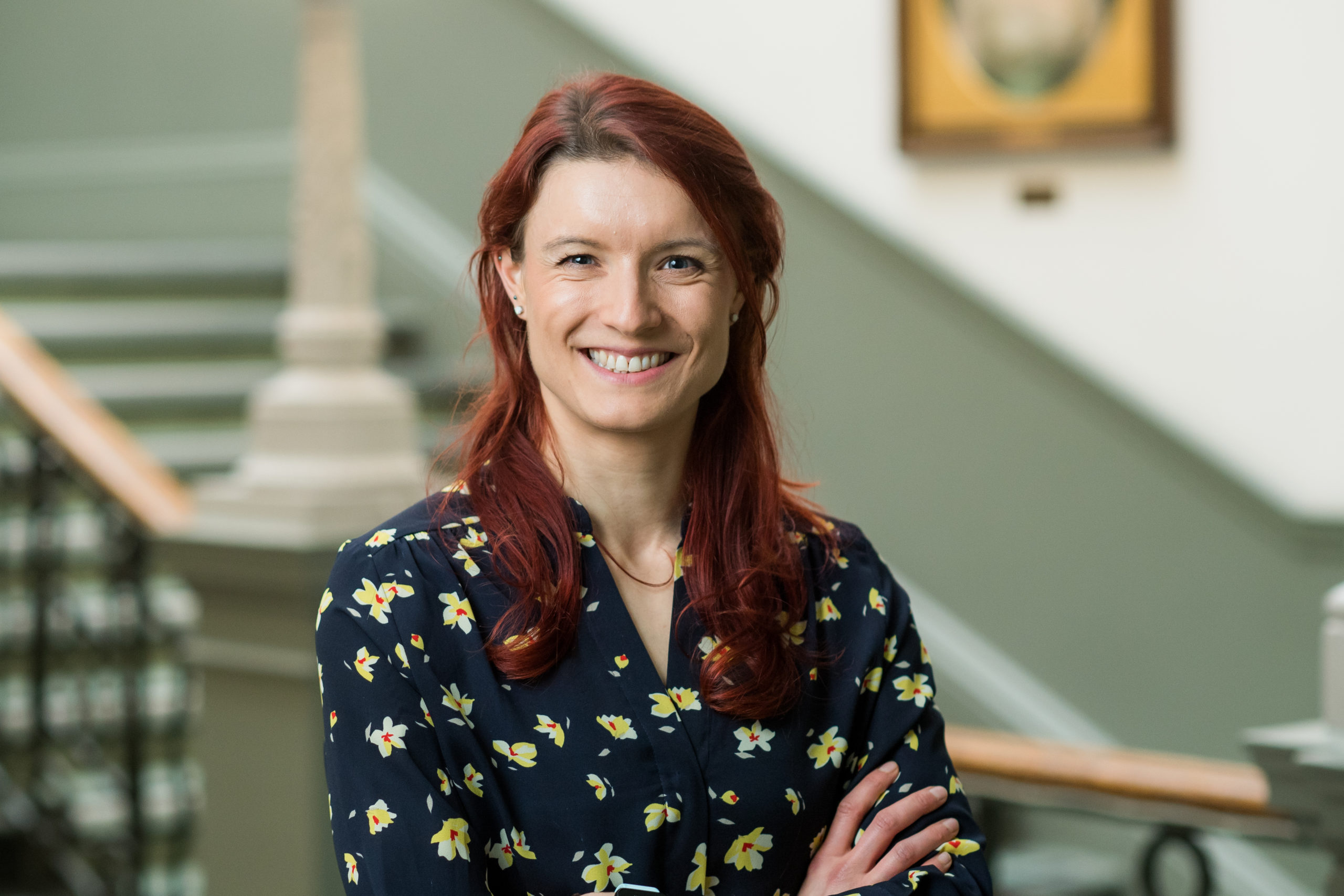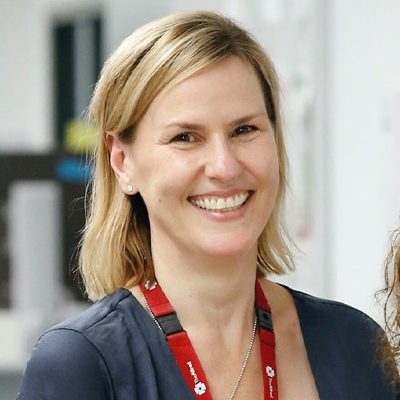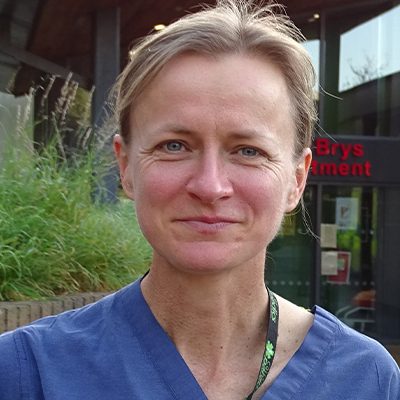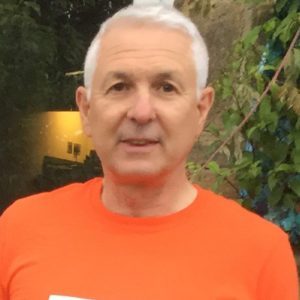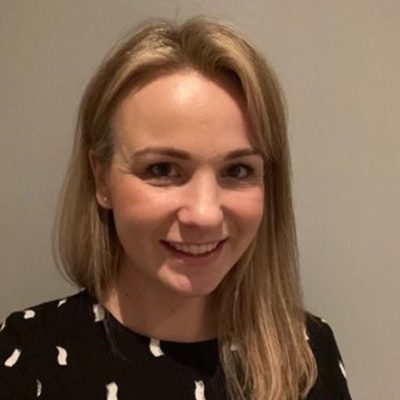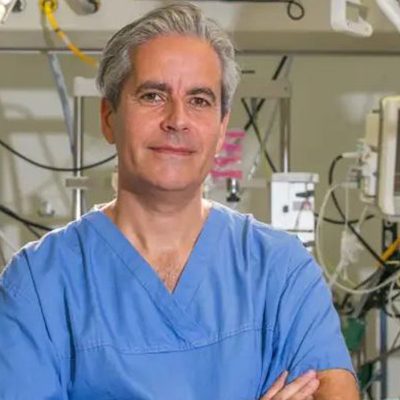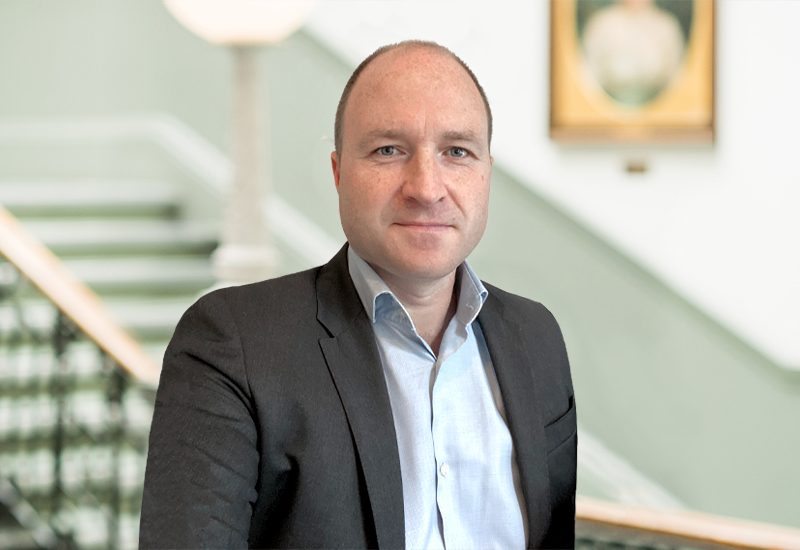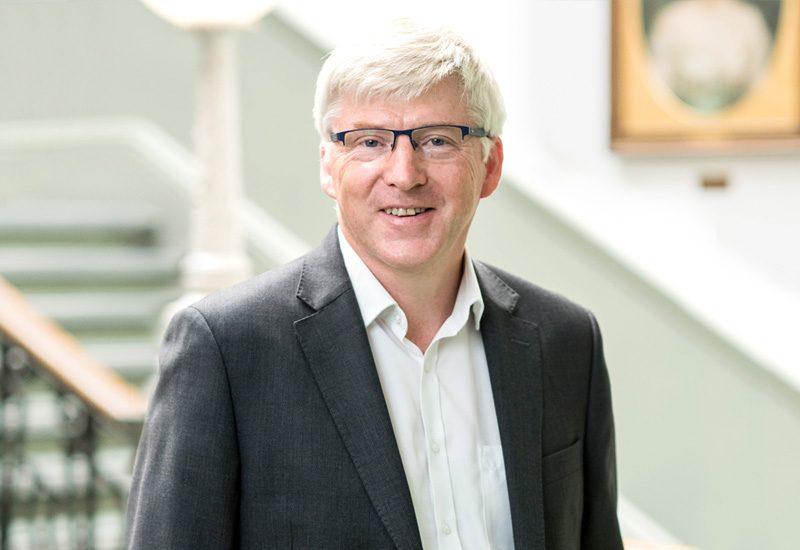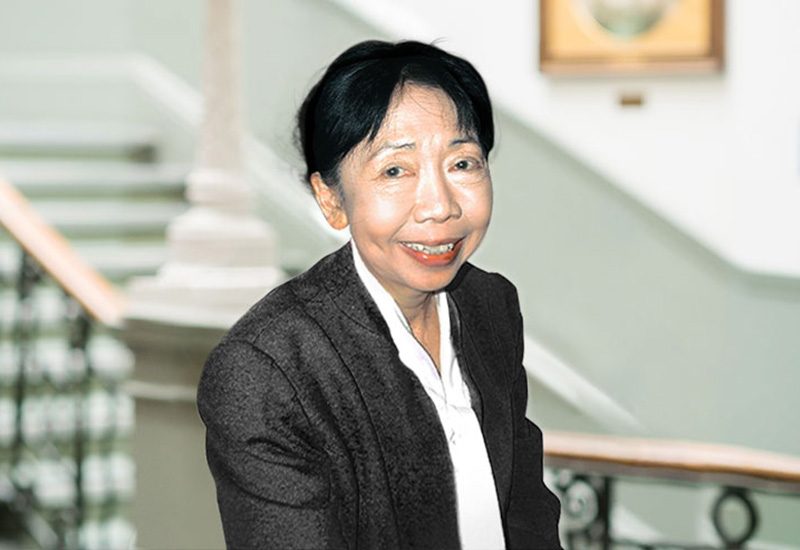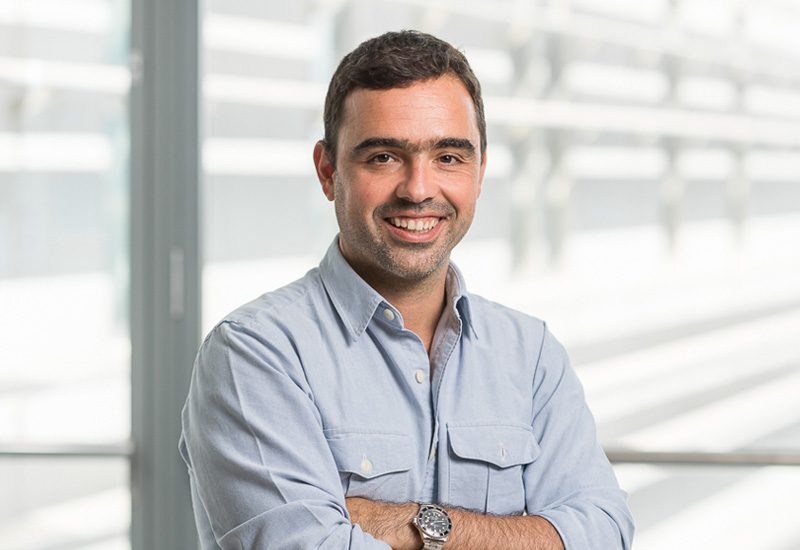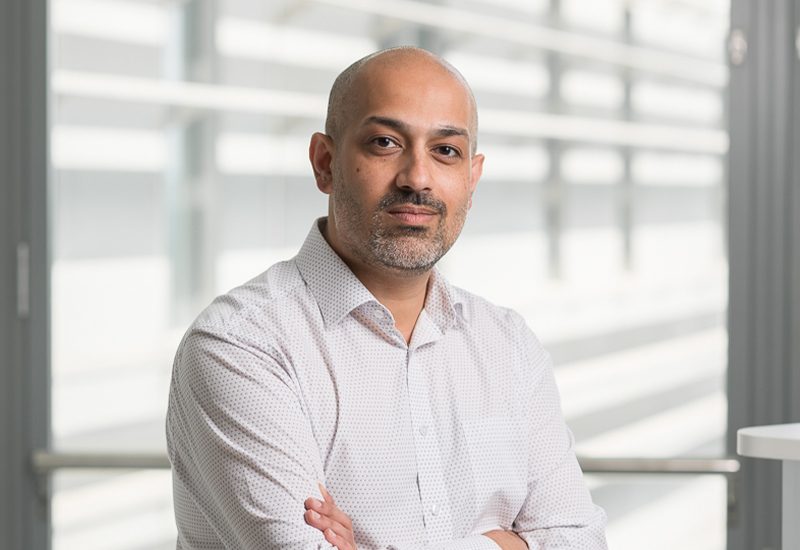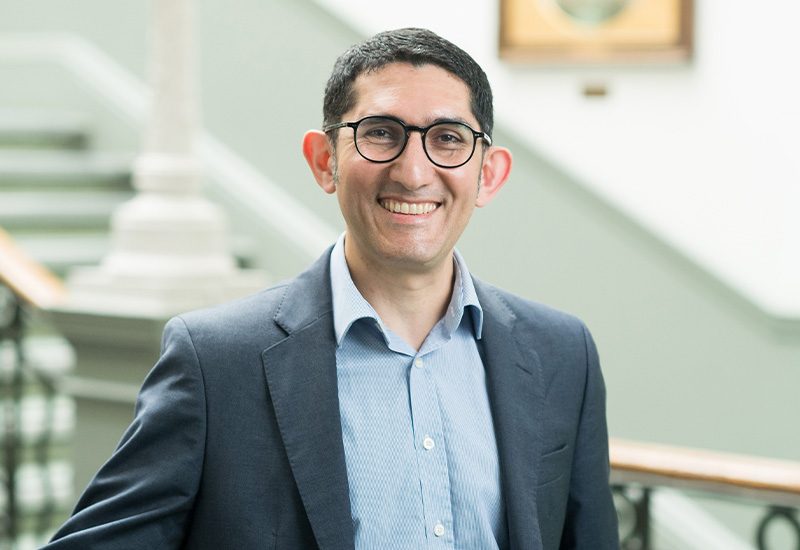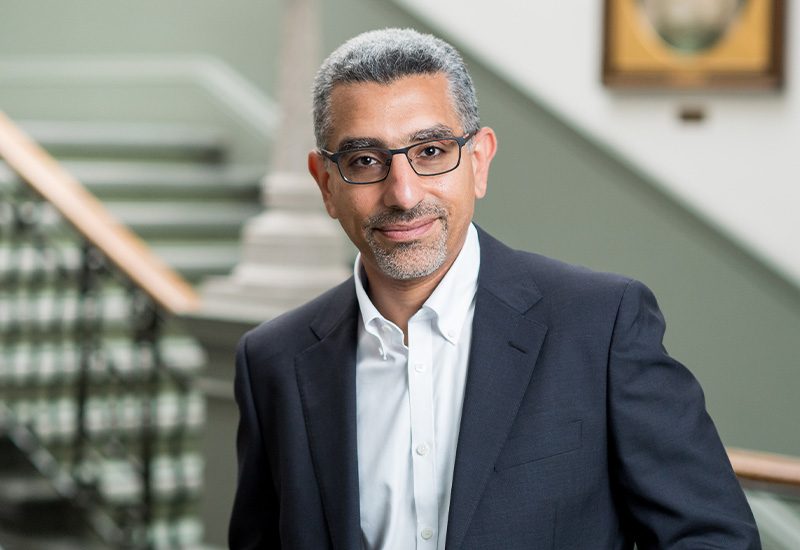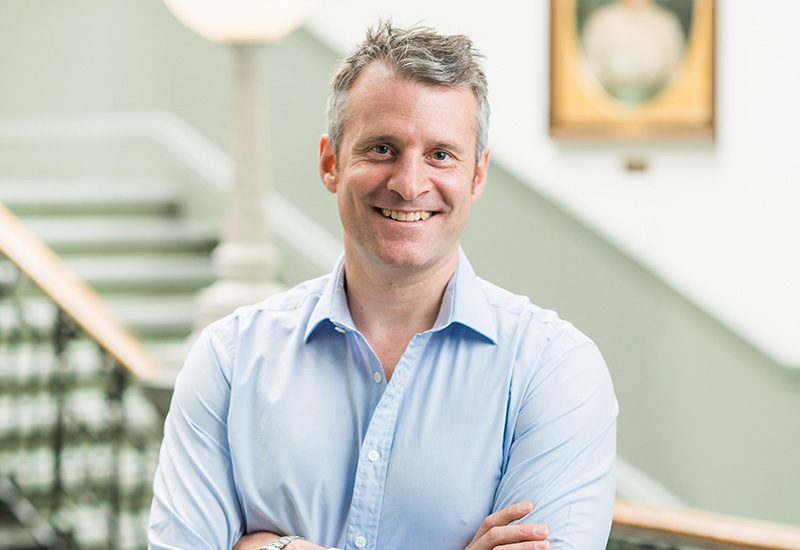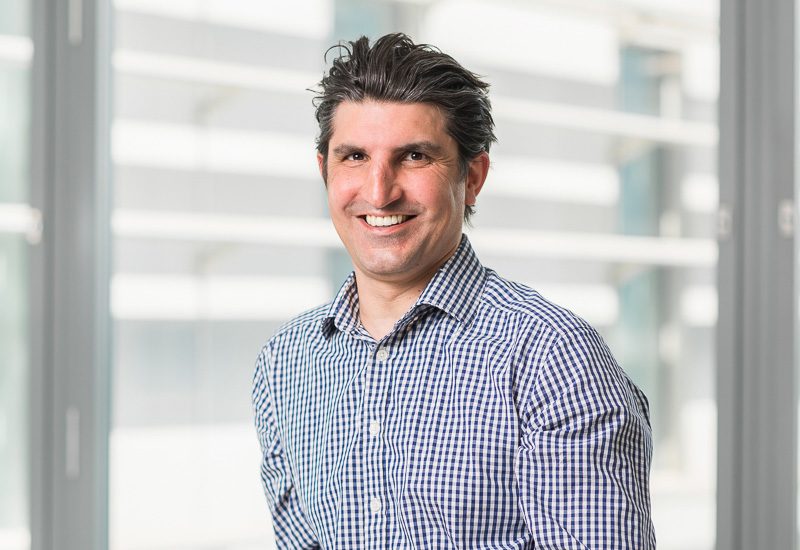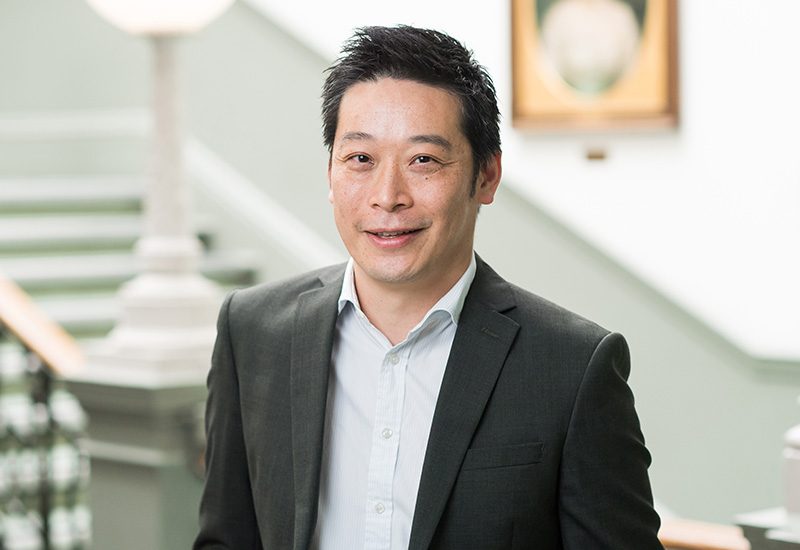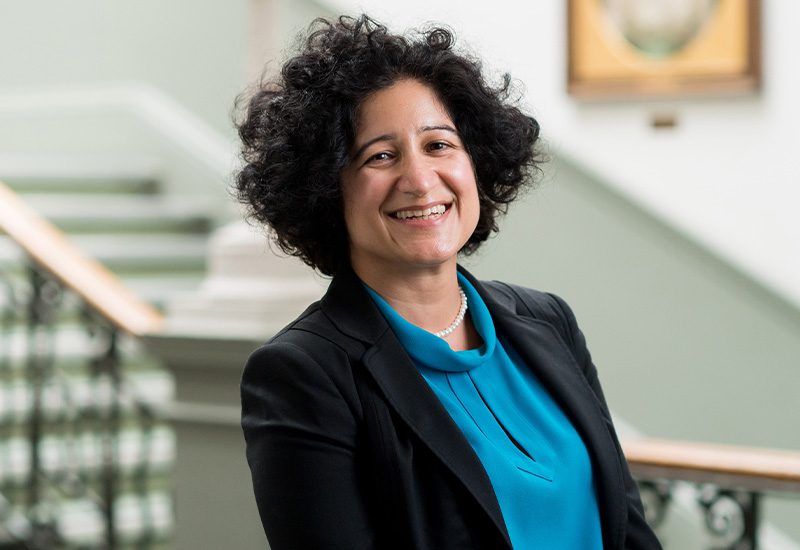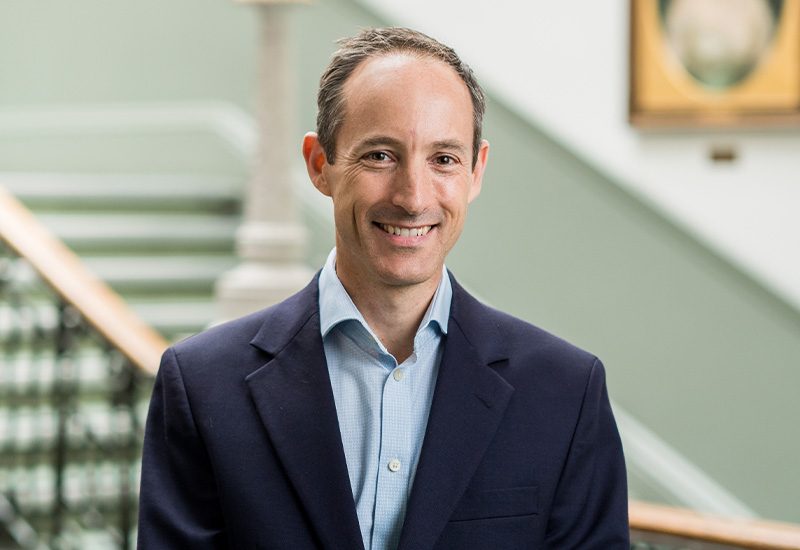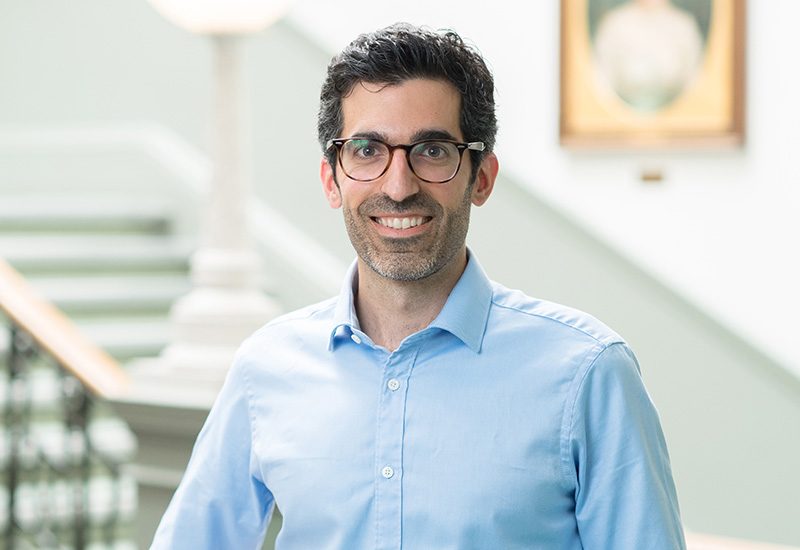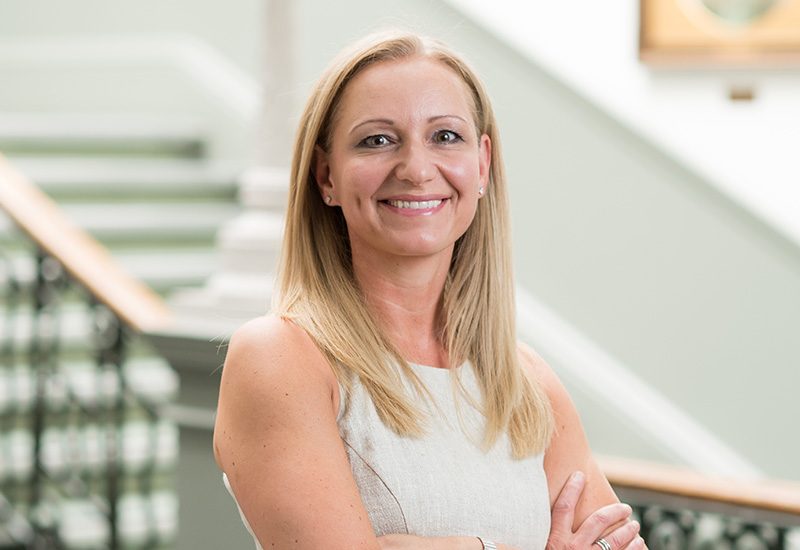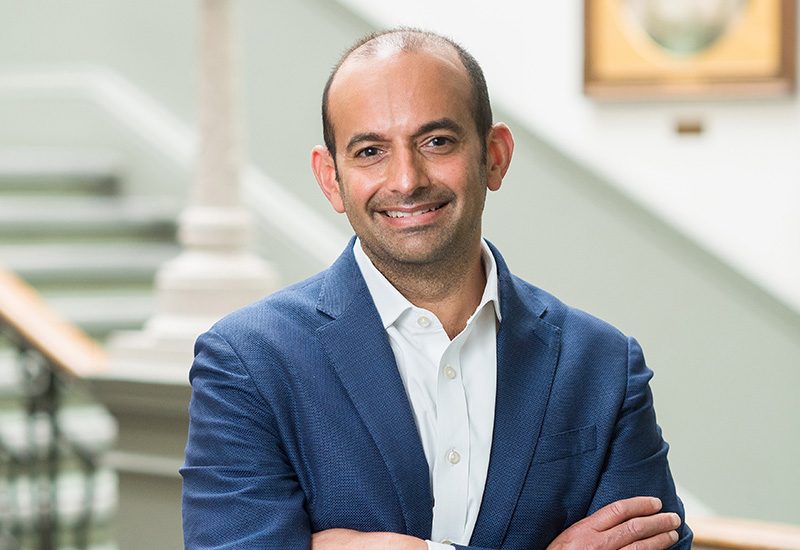Adhesive Capsulitis Corticosteroid and Dilation Randomised Controlled Trial: A Feasibility Study in Primary Care
Background
Shoulder pain accounts for 3% of all visits to a GP, with frozen shoulder being the most common cause of pain. Prevalence of frozen shoulder is estimated to be 10% of working age adults, having a significant impact on function and the ability to work. NICE advocate early treatment of frozen shoulder however there is significant variation in treatment offered with many people referred to secondary care. The steady rise in orthopaedic outpatient referrals, and the impact of COVID-19, has led to a 20% increase in waiting times for an appointment. The creation of musculoskeletal hubs nationwide provides infrastructure for the early and effective management of frozen shoulder. This potentially reduces costs to individuals and the wider NHS perhaps negating the need for a secondary care referral.
Summary
“Frozen shoulder” is a painful condition that affects the shoulder. The joint becomes inflamed, tightening and shrinking the tissues leading to pain and stiffness. This combined pain and stiffness makes day-to-day activities difficult and stops many people from working. Most people recover, but for some symptoms continue for up to 3 years.
Current guidelines recommend frozen shoulder treatment should start with physiotherapy. If physiotherapy fails, people are then sent for further assessment at a hospital, where an injection into the shoulder may be recommended. Two types of injection can be used, a steroid to reduce inflammation, or a small amount of fluid called hydrodilation which stretches out the shrunken tissues. Both treatments can be given in the community.
We asked patients with frozen shoulder their views about treatment. They said research should focus upon prompt treatments avoiding operations where possible. Currently, there is a lot of variation in how this condition is treated. If an effective treatment can be given in the community it will mean people wait less time for treatment, with no need for a hospital visit and/or an operation; better outcomes and reduced cost to the NHS.
Aims & Objectives
This project aims to find out which one of these injections helps to reduce peoples shoulder pain, stiffness, and improves the use of their arm. We will need to carry out a large study to look at which treatment offers most benefit to people. Before we do this, we need to carry out a smaller study to find out if:
- GPs and physiotherapists with expertise in frozen shoulder will agree to be involved in the research.
- People with frozen shoulder will be willing to take part in the study.
- Whether the questions we ask patients about the effect of their treatment are important and relevant to them.
We will ask patients with frozen shoulder at three boroughs in London and one borough in Cambridge to have either:
- a steroid injection and physiotherapy.
- an injection of steroid plus a small amount of fluid, and physiotherapy.
We will record people’s progress after their treatment, and while they follow their rehabilitation. Patients and members of the public have helped us to design this study. They will continue to be involved as it is carried out. Patients will help us to communicate the findings of this study to the public in the most effective way. We will also publish our findings for colleagues.
Study Design
A participant-masked, parallel group, multicentre, randomised feasibility study.
funded by

National Institute for Health and Care Research
Lead Applicants
Professor Xavier Griffin, Queen Mary University of London
Mr Livio Di Mascio, Barts Health NHS Trust
Co-applicants
Mr Nick Aresti, Barts Health NHS Trust
Mrs Yesmin Begum, PPI representative
Mr Thomas Hamborg, Queen Mary University of London
Ms Jamila Kassam, Queen Mary University of London
Mr Robin Laverick, A.D.R (Sussex) Ltd
Professor Borislava Mihaylova, Queen Mary University of London
Dr Kamaljit Seehra, Barts Health NHS Trust
GET IN TOUCH
If you would like to find out more about opportunities to drive our research, please email us.
